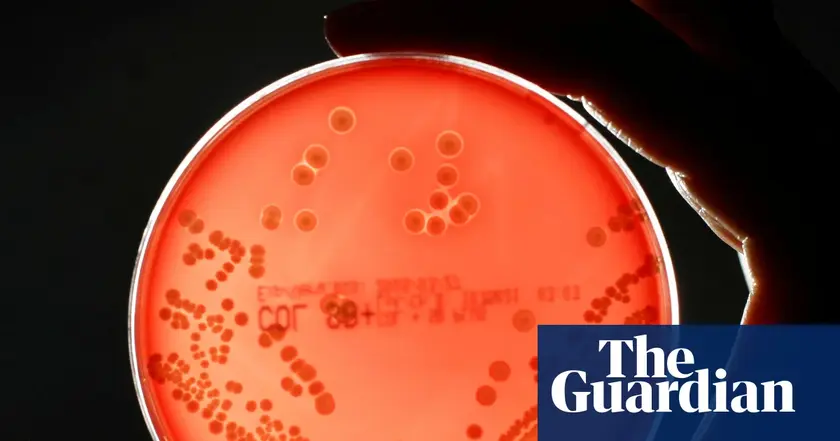T4K3.news
Rising MASLD affects millions in the UK
New findings show MASLD is increasing among younger adults due to obesity and inactivity.

Hannah Fewtrell’s case shows how MASLD can affect middle aged adults and signals a broader UK health trend.
Rising fatty liver disease hits Britons amid lifestyle shifts
Hannah Fewtrell, 49, felt constant fatigue and mood changes she first blamed on menopause. A scan last October revealed MASLD, the renamed non-alcoholic fatty liver disease, a condition thought to affect up to 15 million Britons. It is linked to obesity and type 2 diabetes and often has no clear symptoms, making routine tests important for detection.
Experts say the rise in MASLD reflects changes in lifestyle and diet across the country. Weight loss and a Mediterranean style diet can reduce liver fat and may reverse damage if caught early. Regular exercise helps even when weight loss is slow, and doctors stress that extreme or crash diets are not sustainable long term. New drugs are showing promise but they are not a universal cure and costs are a concern for the health system. Public awareness and screening are key to catching the disease before it progresses.
Key Takeaways
"We used to believe that cirrhosis was permanent, but we now know that if you tackle the cause of the injury – whether that’s fat, alcohol or viral causes such as hepatitis B – the scarring can reduce. When caught earlier, before cirrhosis sets in, we can definitely see a reversal."
Professor Philip Newsome on reversibility with early intervention
"I feel so much better, I have so much more energy."
Hannah describing personal improvement after lifestyle changes
"What is clinically proven to help is the Mediterranean diet."
Professor Penny Manousou on proven dietary approach
"Losing at least five percent of your body weight can reduce liver fat."
Guidance on weight loss impact from the evidence
This story highlights a broader shift in how liver disease is understood. It is no longer tied mainly to heavy drinking or old age but to everyday choices and metabolic health. That shift puts pressure on public health messaging to promote practical, sustainable actions rather than quick fixes. It also exposes gaps in screening, as many people have no symptoms until the disease is advanced. The article balances hope with realism by noting that lifestyle changes work and that drugs may help some patients, though cost and access remain big questions.
Highlights
- Liver fat is a wake up call for a generation
- Small steps beat big problems when it comes to liver fat
- Diet plus exercise is the proven path for liver health
- If caught early the disease can be halted and even reversed
Rising costs and policy considerations
The article notes that drugs to treat MASLD are expensive and not universally effective, raising budget and access questions for the NHS. Public health messaging around lifestyle changes also faces potential backlash if individuals feel blamed for their condition.
The health system faces a growing task as fatty liver disease becomes part of everyday health planning.
Enjoyed this? Let your friends know!
Related News

Awareness raised about silent liver disease

Mortgage approvals increase as housing market stabilizes

Rachel Reeves announces record £2.2 billion inheritance tax receipts

New study links air quality to dementia risk

Papa John's shuts down 74 UK locations

State Pension Age to Rise Starting 2026

State Pension age rises to 67 beginning in 2026

Superbugs projected to cost global economy $2 trillion by 2050
